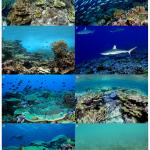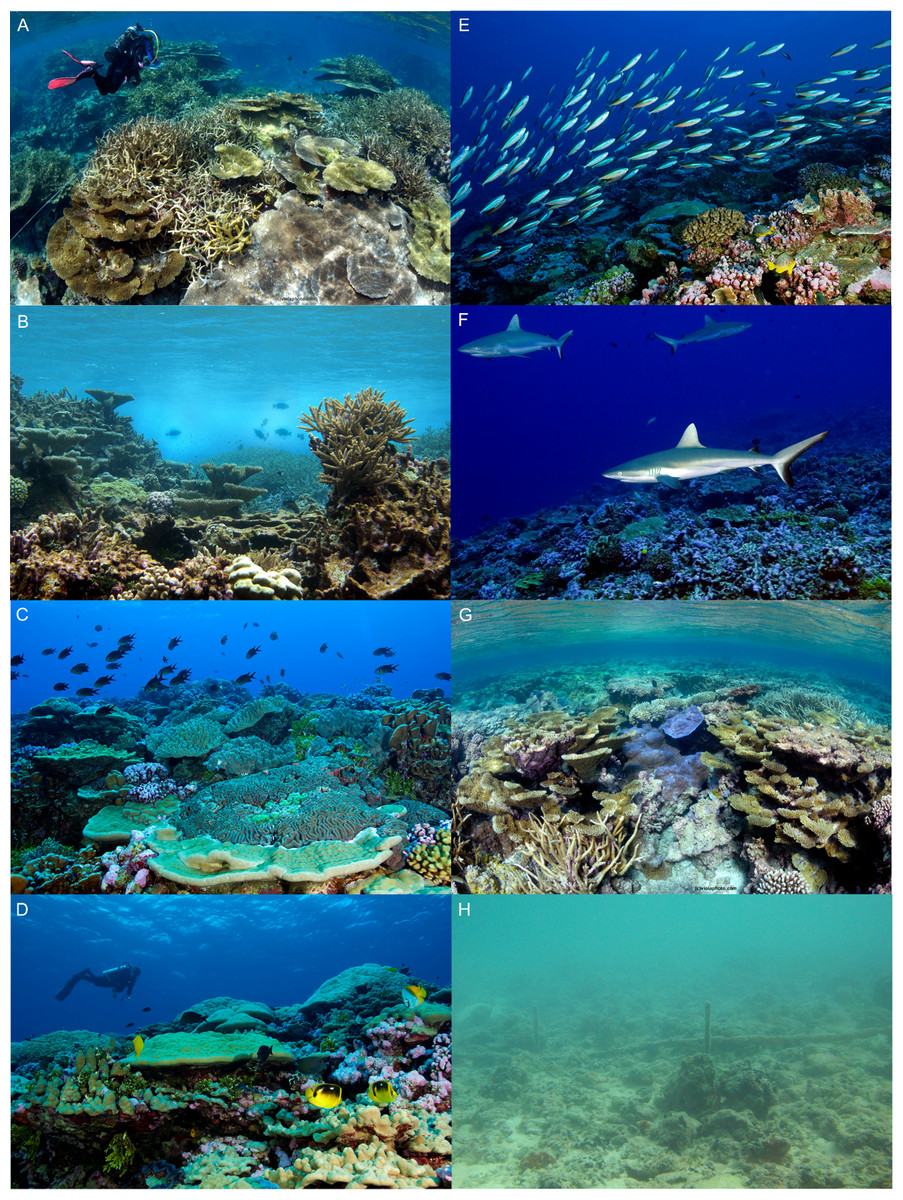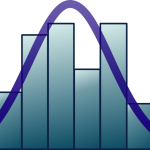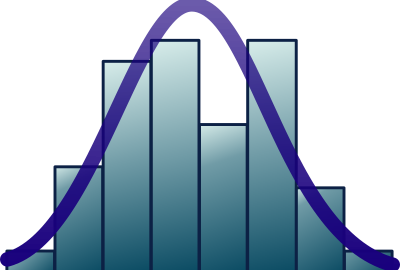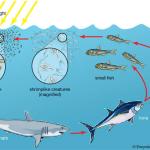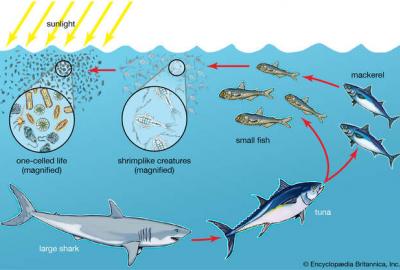Characterising dynamics and trends in coastal environments
This course is presenting the needs and state of the art for characterising the variability and trends in coastal ecosystems. Lectures will first introduce the driving processes of environmental fluctuations and long-term changes in the coastal zone and the synergies of stressors arising from climate change and other human impacts. It will consider observing strategies and the associated oceanographic, environmental and biological databases. Joint lectures and practical works will introduce statistical methods used for time-series analysis and sets the bases of data series integration into regional circulation models (e.g. productivity, connectivity). Current monitoring programmes and their capacity to inform about the vulnerability and sustainability of coastal ecosystems will be explored through tutored projects and case studies.
The objectives of the course are:
• To gain insight into the current methods and tools implemented to monitor variability and
• trends in marine environment/ecosystems
• To gain insight into processes driving fluctuations and long-term changes in the coastal zone
• To learn numerical and statistical methods to analyse variability and trends in biological
• oceanography and marine ecology
• To explore physical, chemical and biological time-series databases providing the core knowledge to assess vulnerability and establish scenarios.
Course Contents
1 Drivers of changes in coastal ecosystems: land-ocean and air-sea interaction, trends and critical risks.
2 Variability of oceanic systems: scales, trends and observing methods in the coastal zone, 1 monitoring of abiotic fluctuations with benthic stations, geochemical tracers and paleo-oceanographic records.
3 Introduction to the computer methods applied to space and time data series; Using R and Matlab.
4 Introduction to the DPSIR (Driver, Pressure, State, Impact and Response approach) to assess ecosystem health status, monitoring pollution and water quality indexes.
Further course information can be found here: https://studiekiezer.ugent.be/studiefiche/en/C004298/2021

